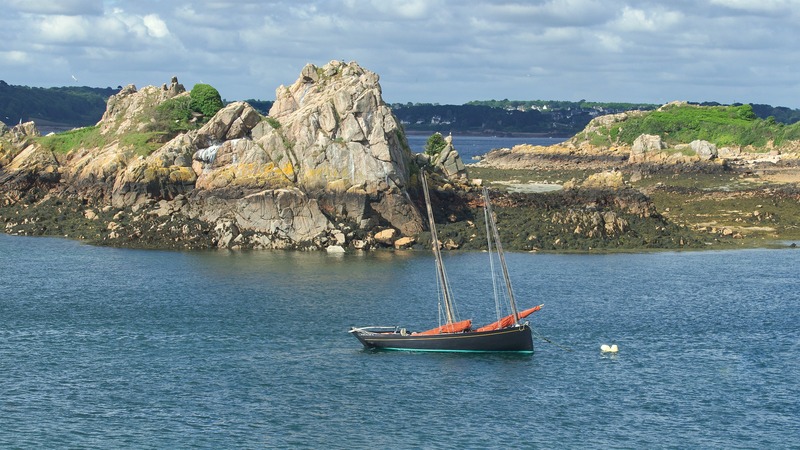France: Brehat Island implements visitor restrictions to combat overtourism

Brehat, a charming French island off the north coast, has taken a stand against "overtourism" by implementing restrictions on the number of visitors this summer. Concerns over waste management and environmental preservation prompted the island, along with several other destinations in France, to address the issue.
Brehat, which is part of the EU's Natura 2000 conservation network, aims to protect habitats and promote biodiversity for vulnerable species, reported AFP.
To alleviate the strain caused by excessive tourism, Mayor Olivier Carre issued a decree limiting the number of day visitors to a maximum of 4,700 between July 14 and August 25. This figure is a significant reduction considering the island's tiny population of only 377 permanent residents.
According to a study by Littomatique, Brehat attracts approximately 450,000 visitors annually, with numbers peaking at nearly 6,000 in a single day during the spring and summer.
The mayor's statement highlighted the municipality's inability to handle the substantial increase in waste during peak tourism months. Waste management is not the only concern, as the large crowds are eroding paths leading to the picturesque lighthouse and impacting protected areas on the island.
Additionally, overcrowding has resulted in a decline in visitor satisfaction, as revealed by a study conducted by the Ponant Islands Association (AIP).
The situation is not unique to Brehat, as 80 percent of tourists in France tend to concentrate in only 20 percent of the country's territory. Paris alone expects to welcome over 37 million visitors this year, nearing pre-pandemic levels.
To address these challenges, the France Tourism Alliance has recommended various measures. Tourism operators are encouraged to promote lesser-known sites to disperse the crowds, and techniques such as daily visitor quotas, scheduled ticketing, and higher tariffs are being considered.
Furthermore, "demarketing" campaigns have been successful in reducing overcrowding in Marseille and Porto-Vecchio, where images depicting crowded sites were used to make them appear less appealing.
Other regions have implemented reservation systems to manage visitor numbers and protect the environment. For instance, the Calanques national park near Marseille introduced a reservation system for the Sugiton coves during the Covid-19 pandemic, limiting the daily visitors to 400.
The Porquerolles island's national park has also limited daily visitors to 6,000 over three summers to preserve its landscape.
These efforts aim to strike a balance between promoting tourism and safeguarding the natural beauty and sustainability of these popular destinations.



